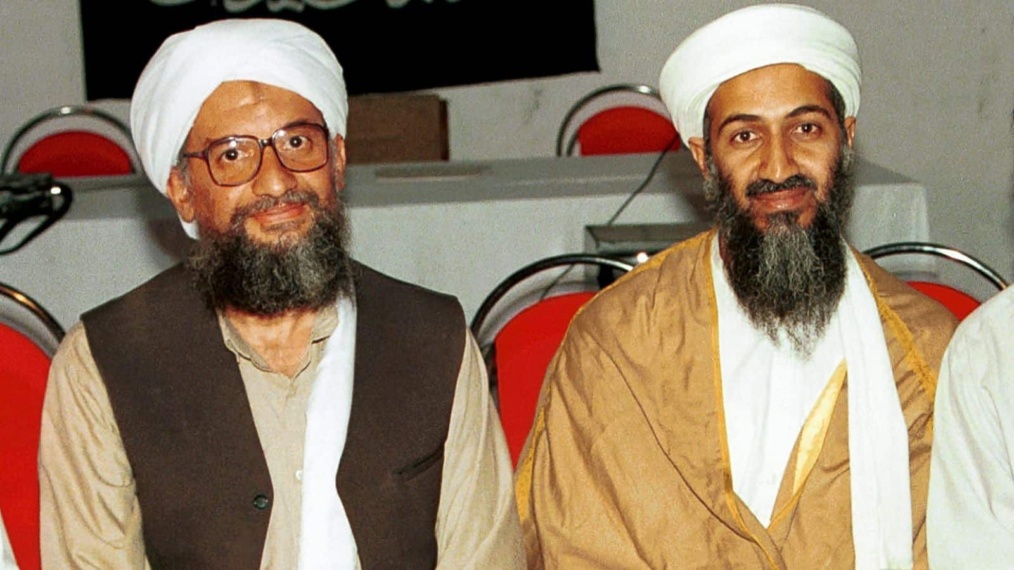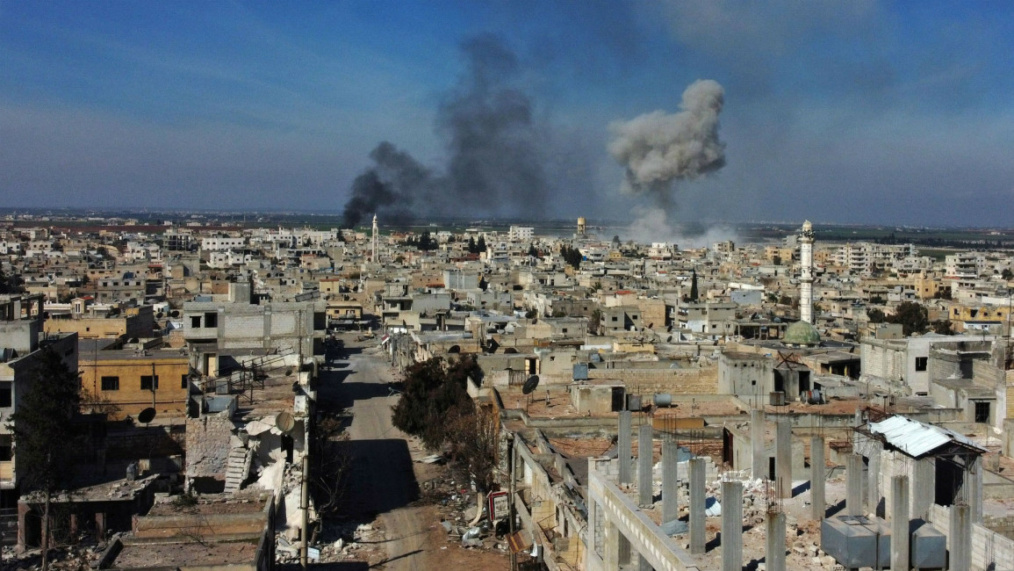Remembering September 11th
“The Black Swan Theory”, coined by Nassim Nicholas Caleb, describes sporadic, unforeseen, and highly significant events. These events are challenging to predict in the normal course of business and are unthinkable. The September 11th attacks portray the Black Swan theory. The tragic event was unexpected to the world, and its implications continue to affect the world 21 years later.
On September 11, 2001, a black swan event occurred when the deadliest terrorist strikes in American history resulted in 2,977 fatalities. On that Tuesday morning, 19 Al-Qaeda terrorists deliberately crashed four American passenger airlines headed for the West Coast.
Both the North and South Towers of the World Trade Center collapsed as a result of the collision between American Airlines Flight 11 and United Airlines Flight 175, which took off from Boston. Flight 11 hit the North Tower of the World Trade Center at 8:46 a.m. and Flight 175 hit the South Tower at 9:03 a.m.
After passengers stormed the cockpit and attempted to subdue the hijackers, United Airlines Flight 93, leaving from Newark, New Jersey, crashed into a field in Shanksville, Pennsylvania, at 10:03 a.m. American Airlines Flight 77, departing from Dulles International Airport in Virginia, crashed into the Pentagon at 9:37 a.m.
The attacks redefined how the United States views counterterrorism and national security. They also reinforced patriotic values, along with other defining principles of the United States. Furthermore, the aftermath saw a change in U.S. immigration laws and gave rise to an increase in discriminatory practices, prejudice, and hate crimes. All of this comes down to complex issues like economic reprisals, political and international tensions, abuses of human rights, and the escalation of unwarranted conflicts.
The Beginning of Everything
Sandra Crosby, a Boston University School of Medicine professor stated that the ongoing consequences of the US’s decisions to torture terror suspects have been profound – at their worst, inhumane.
Joseph Wippl, a Pardee School professor of the practice of international relations and a former Central Intelligence Agency officer expressed that beginning with 9/11, the Central Intelligence Agency (CIA) became more than ever a covert action agency.
Sarah Sherman-Stokes, a Boston University School of Law professor and associate director of LAW’s Immigrants’ Rights and Human Trafficking Program, has shared her perspective that the horrific events of September 11, 2001, forever altered the framework of United States immigration law and policy.
People may or may not have similar sentiments. The best and worst of what America had to showcase were in evidence as a result of the attacks, notwithstanding the wide range of emotions that have arisen since then; outrage, devastation, and hope. However, “the psychology of grieving” and the drumbeat of war soon overshadowed this opportunity for Americans to be drawn into the heart of mankind as a whole and experience the anguish of loss in locations far removed from their sensibilities yet within their military aircraft capability.
How Will This Be Remembered?
What would be the last remnant of 9/11 on its anniversary? Will this be depicted as a picturesque but consequentially irrelevant tragedy or as a pivotal juncture that fundamentally shaped the development of American and global politics? Will future generations view this day as a telling indicator of emerging themes, a politics of playing chess, the starting point for a string of disastrous foreign policy errors, or just a singular incident with only significant long-term effects?
Of course, it is difficult to predict with absolute certainty how 9/11 will be remembered as the years progressed; perhaps all we can say with certainty is that the interpretations made of it will differ depending on who is doing the interpreting. Moreover, the 9/11 attack may be a sentimental tragedy to remember, but this tragedy may also be considered a triumph to some. Americans will view 9/11 differently than Afghans, Iraqis, Saudis, Asians, or Europeans, and it is likely to be little more than a historical footnote for many people all across the world.
When time passes and more recent affairs take the stage, what is prominent in our minds today is frequently unimportant to others. Especially at a time when other societal challenges have surfaced, such as COVID-19, these are questions that will seem to arise. Will 9/11 still be remembered?
Furthermore, one of the most crucial lessons I’ve learned over the years as a Filipino counterterrorism practitioner is that the United States’ decisions and actions have a great impact on how the rest of the world views them: a powerhouse ally or an enemy. Furthermore, I observed a great deal of unity in the wake of 9/11, which shows that the bonds that unite Americans are stronger than any efforts to sever them.
May We Never Forget
Personally, I have worked with and for America. I was a counter-terrorism intern at American Counterterrorism Targeting & Resilience Institute, a qualifier at Terrorism Research and Analysis Consortium, and am now a fellow at Rise to Peace, Middle East Forum, and Pacific Forum. During the 9/11 attacks, I was still a year-old baby and had absolutely nothing to do in these fields.
But today, as a third-year political science student in the Philippines, I am one of the few Filipinos who devote their time to studying, writing, and researching global terrorism. I’m not doing this because I have a thorough understanding of what happened on September 11, 2001, but rather because I genuinely believe that we can contribute significantly to the development of a better and wiser counterterrorism response, even in the smallest way, through constructive and research-based discussion and a productive and exchange of conversations.
Although we are aware of the lapses and loopholes in the aftermath of 9/11, we should be proud of the significant steps we have taken together, particularly in the fields of research, counterterrorism, law enforcement, and intelligence. Moving forward, I hope that the lessons learned during 9/11 will serve as a wake-up call to the United States about its decisions and their global consequences as a hegemonic actor in global politics. As we mourn the victims of the 9/11 terrorist attacks and mark their 21st anniversary, may we always be reminded to never forget.
Kristian Rivera, Counter-Terrorism Fellow





